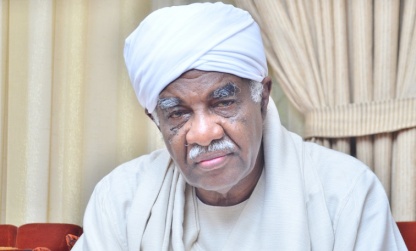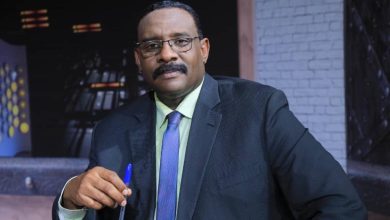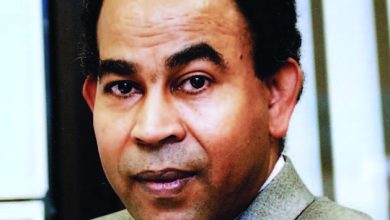Opinion
It is unwise to take risks with national issues!

Dr. Ibrahim Al-Amin
Acknowledging the crisis and our own shortcomings is the best approach to addressing many of the challenges we face today, challenges that may have negative effects on future generations. Among the most significant of these challenges are:
– The issue of legitimacy, meaning the voluntary acceptance of the ruler.
– The issue of participation, which at its core is that citizens have a role in decision-making and in holding the ruler accountable.
– The issue of ongoing wars in multiple regions and their negative impact on the nation and its people.
– The issue of effective governance of society and the state, meaning that the rule of law prevails and the right environment is created for the proper utilization of resources.
– The issue of freeing the Sudanese citizen from poverty. Poverty weakens a nation’s ability to develop because it produces generations that are physically and mentally weak, leading to the destruction of the nation. The effects of poverty extend to future generations, perpetuating and inheriting poverty.
Despite the importance and seriousness of these challenges, we approach them with much indifference and irresponsibility, for well-known and frequently discussed reasons, the most prominent of which is the weakness and fragility of democratic systems. This weakness has led to the current state of war that has ravaged the country and deepened Sudan’s severe and complex crises. Documents speak of the political romanticism during periods of democratic rule, instead of deeply reflecting on our underdeveloped reality and attempting to improve it. In authoritarian regimes, the country and the people’s issues are managed according to the whims of an individual or a small group, in an era where everything is calculated and reviewed through numbers and institutions established based on standards that ensure competence, expertise, and the ability to make decisions based on objective reasoning.
In these times, it is unwise to gamble with national issues, which are sacred. Nor is it wise to turn our country into a field for failed experiments. The root cause of this is an elite that imposed itself on the people, speaking on their behalf without authorization, thinking on their behalf (while “the people of Mecca know its paths best”). As a result of this elite’s monopolization of decision-making and its management of public affairs in a herd mentality, the country has been plunged into a series of catastrophes whose destructive effects have reached the core, and perhaps even to the point of breaking bones and amputating limbs.
We live in a world where local, regional, and international issues have become intertwined. It is a world where there is no place for the weak or for small entities. Our miserable reality forces us to rethink everything—ourselves, our ways of thinking, our parties, and our leaders. Everyone is accountable, and for the sake of the nation, all must be subject to evaluation, accountability, and judgment. Among the segments of society that are questioned by the crisis and have the ability to influence are the intellectuals. This is dictated by the social status of this group and the nature of the roles imposed upon them by their position as producers of collective consciousness. The sensitivity of the issues at hand is their destiny. Intellectuals must bear responsibility and confront the massive accumulation of topics and harsh truths.



